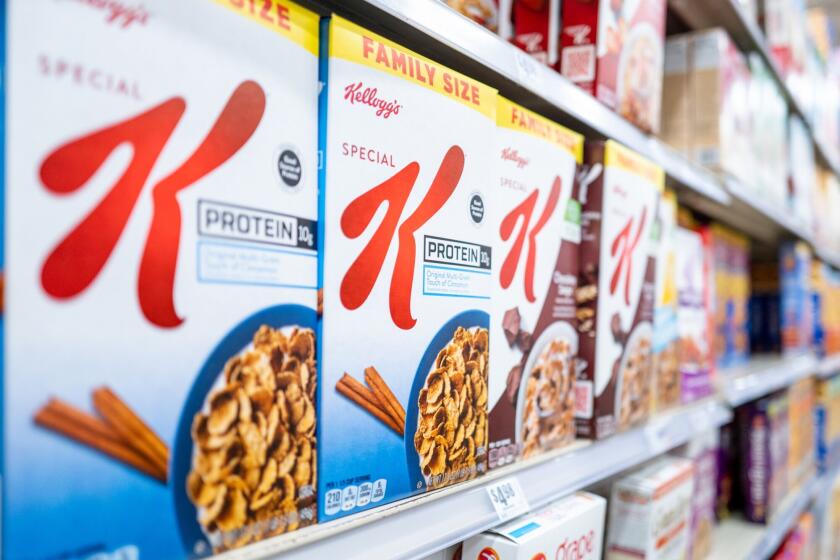China succeeds in slowing economy’s growth
- Share via
Reporting from Beijing — China’s attempts to cool off its runaway economy have resulted in slower growth in the second quarter, according to government statistics released Thursday.
The nation’s gross domestic product grew by 10.3%, down from a scorching 11.9% in the first quarter.
Although high growth earlier in the year helped China recover from the financial crisis, it also introduced greater risks to the economy. Government stimulus and loose bank lending helped fuel property bubbles and rising inflation.
Policymakers have tightened credit and introduced stricter mortgage rules earlier in the year to crack down on real estate speculators. Several provinces have also raised minimum wages – moves the central government hopes will boost domestic consumption.
“The level of growth seen in the first quarter was unsustainable,” said Alistair Thornton, China analyst for IHS Global Insight. “The fact that it’s come down is a good sign. The government was overdependent on investment for a long time. Now they can settle on a more balanced course. Obviously, that’s easier said than done.”
A recent spate of factory strikes has underscored China’s over-reliance on exports to power growth. China’s leaders have since discussed the importance of easing income inequality to raise consumption.
Though China’s exports surprised some analysts by growing 44% year-on-year in June, many doubt they will remain robust with the economic uncertainty brewing in Europe.
In another sign of a slowdown, industrial production expanded by 13.7% year-on-year in June compared to 16.5% in May, according to the numbers released by the National Bureau of Statistics.
More important to planners, the Consumer Price Index, the country’s leading measure of inflation, dipped to 2.9% in June from 3.1% a month earlier.
“China’s inflation in the first half was mild and within the range of management,” said Sheng Laiyun, a spokesman for the statistics bureau.
Analysts say the new data should sideline calls for China to raise interest rates in the short term. Beijing already took a significant step last month by allowing its exchange rate to float more freely – a move that eventually should make China’s currency stronger.
The question remains how far China will allow its economy to cool, especially in its hard-charging property sector.
After record growth, housing prices dropped in June for the first time in 16 months. Before that, property construction had helped fatten developers, local governments and exporters of raw materials. All told, the industry is estimated to have powered up to a quarter of China’s economy.
Despite stern denials from officials this week, speculation continues to abound that Beijing will not be able to stomach economic contraction and will ultimately reverse regulations aimed at containing real estate growth.
“I don’t think there’s any other economic driver in the near future,” said Dong Linfeng, an analyst for Pacific Epoch.
More to Read
Inside the business of entertainment
The Wide Shot brings you news, analysis and insights on everything from streaming wars to production — and what it all means for the future.
You may occasionally receive promotional content from the Los Angeles Times.











